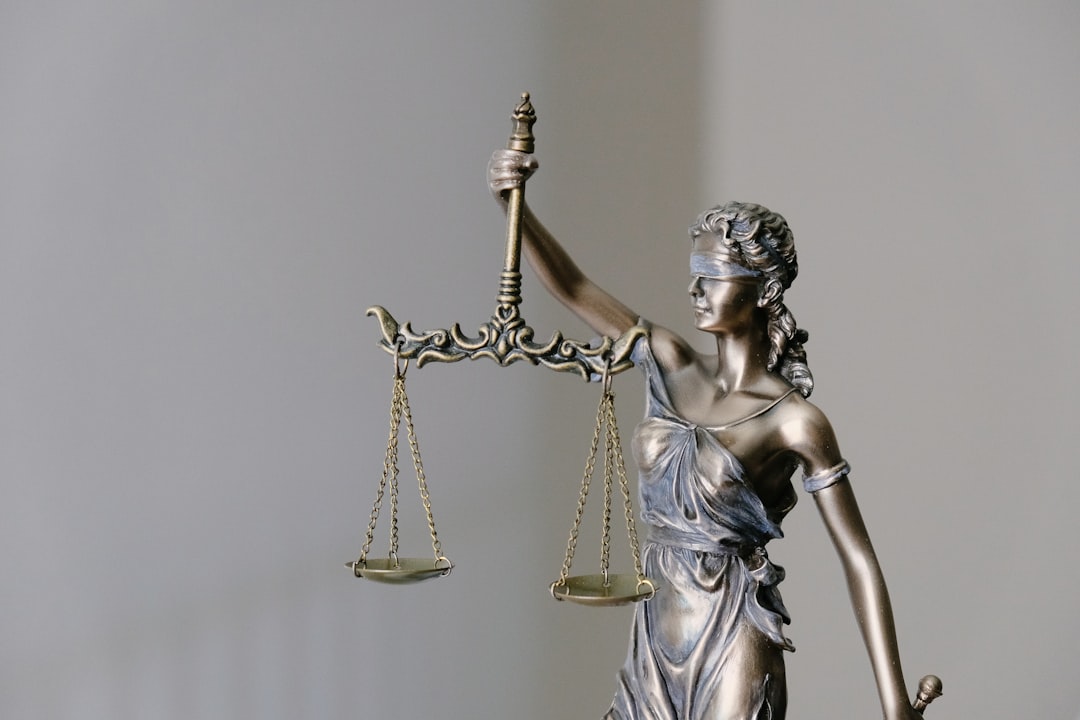Navigating historical sexual abuse cases in Oregon poses unique challenges due to faded memories, lost records, and strict hearsay rules. Bend, Oregon, faces additional hurdles with time-displaced victims, scattered witnesses, and privacy regulations. Specialized sexual abuse law firm Oregon experts use advanced strategies, including thorough document reviews, interviews, and digital archives, to strengthen cases and deliver justice for past traumas.
In Bend, Oregon, gathering evidence for historical sexual abuse cases presents unique challenges. This article explores the intricate legal landscape of Oregon’s sexual abuse cases and delves into specific hurdles faced in Bend. We examine strategies employed by a specialized sexual abuse law firm in Oregon to navigate these complexities, ensuring justice for survivors. Key focus areas include evidentiary collection, legal precedents, and innovative approaches that significantly enhance success rates for those seeking redress at a sexual abuse law firm Oregon.
Legal Challenges in Oregon's Sexual Abuse Cases

In Oregon, navigating sexual abuse cases is fraught with legal complexities. The state’s laws regarding evidence collection and admissibility can significantly impact the outcome of such cases. One notable challenge lies in the stringent rules surrounding hearsay statements, which often pose a roadblock for victims seeking justice. Hearsay, or out-of-court statements made by witnesses who are unavailable to testify, is generally prohibited as it lacks cross-examination potential, a cornerstone of fair trials. This rule can be particularly problematic in historical abuse cases where many survivors may have passed away or are unable to recall details clearly.
Furthermore, Oregon’s sexual abuse law firm often encounters difficulties when dealing with faded memories and the passage of time. Medical records and other physical evidence may not always be available or sufficient to prove the abuse, especially if it occurred decades ago. The onus is on plaintiffs to provide compelling evidence, which can be a daunting task given these legal hurdles. These challenges underscore the need for sensitive and robust legal frameworks that support survivors in their pursuit of justice.
Evidence Collection: Unique Hurdles in Bend

In Bend, Oregon, evidence collection for historical sexual abuse cases presents unique hurdles due to several factors. One significant challenge is the passage of time; as memories fade and records become scattered or inaccessible, establishing a clear narrative can be arduous. This issue is exacerbated by the often-delicate nature of these cases, where victims may have kept silent for years, leaving few tangible traces of their experiences.
Another hurdle involves the geographic dispersion of potential witnesses and evidence. Bend’s rural areas and diverse communities mean that gathering statements from neighbors, friends, or family members who might have information relevant to the case can be a lengthy process. Moreover, securing documentation like medical records or other official documents from institutions where the abuse may have occurred can be complex due to privacy regulations, further complicating the evidence-gathering process for a sexual abuse law firm in Oregon.
Strategies for Success at a Sexual Abuse Law Firm Oregon

When navigating complex and sensitive cases of historical sexual abuse in Bend, Oregon, victims can find solace by turning to a specialized sexual abuse law firm Oregon. These legal professionals are equipped with strategies tailored to overcome challenges associated with gathering evidence decades after the incident. They understand that such cases often involve faded memories, lost records, and potential statute of limitations issues, requiring meticulous investigation techniques.
A successful sexual abuse law firm Oregon employs various methods. They meticulously review medical and mental health records for any relevant information, seek out historical documents, and conduct comprehensive interviews with victims to piece together details. Additionally, leveraging digital archives and online resources can help unearth evidence that might otherwise remain hidden. These strategies collectively enhance the chances of building a compelling case, ensuring justice is served for those who have endured such traumatic experiences.






